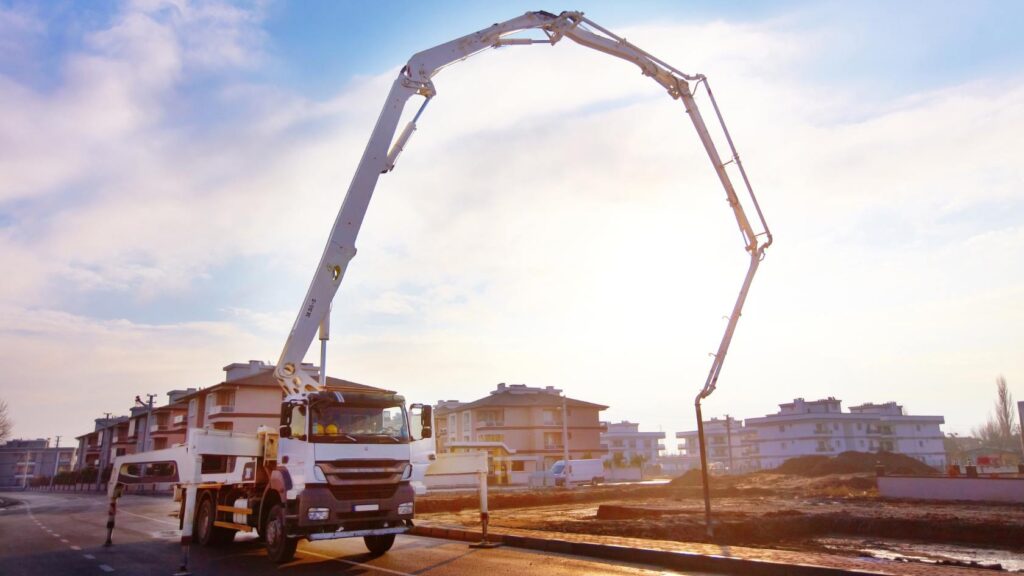
In today’s fast-paced construction landscape, quality, efficiency, and precision are more important than ever. Whether you’re building a custom home, managing a residential development, or taking on a commercial project, the tools and expertise you bring to the job site can make or break the timeline, budget, and final outcome.
One powerful combination that’s reshaping how builders approach projects is the integration of experienced general contracting services with professional concrete pumping solutions. Together, they help streamline workflows, ensure structural integrity, and deliver lasting results for clients and communities alike.
The Role of a Trusted General Contractor
At the heart of every successful construction project is a reliable general contractor. More than just managing schedules and hiring subcontractors, a skilled contractor serves as the central point of coordination, ensuring that every aspect of the project — from permits and design to foundation and finishes — comes together smoothly.
Key responsibilities of a professional general contractor include:
- Project planning and budgeting
- Managing timelines and trades
- Securing permits and ensuring code compliance
- Quality control at every phase
- Client communication and reporting
Whether it’s a ground-up custom home or a residential remodel, working with a licensed, experienced home builder guarantees a higher standard of craftsmanship, reduced delays, and a clear roadmap from concept to completion.
Why Concrete Pumping Matters in Modern Construction
While often overlooked by those outside the industry, concrete pumping equipment plays a vital role in modern builds — particularly when it comes to large slabs, foundations, multi-level homes, and projects with limited access.
Instead of relying on manual labor or wheelbarrows to transport wet concrete, concrete pumps allow contractors to deliver material with precision, speed, and minimal waste. This is especially important in:
- Tight urban sites or residential lots with limited access
- Hilly or uneven terrain
- Basements, elevated slabs, and second-story decks
- Large pours requiring continuous flow
There are several types of pumps used depending on the application, including line pumps and boom pumps. Each is designed to handle different project sizes and complexities, ensuring the right volume of concrete is delivered where and when it’s needed.
The Power of Integration: Contractor + Pumping Solution
When a general contractor partners with or utilizes reliable concrete pumping services, the results are immediate and measurable. Here’s how combining these two services adds value to any construction project:
1. Speed and Efficiency
Concrete pumping significantly reduces pour time, which speeds up the entire foundation or slab phase. This allows the rest of the construction schedule to stay on track — or even ahead of time.
2. Improved Site Access
For builds on steep slopes, behind existing structures, or in areas where large trucks can’t reach, pumps provide the flexibility needed to place concrete exactly where it’s required.
3. Better Concrete Quality
Because the concrete flows smoothly and continuously from mixer to pour location, the mix maintains its consistency and doesn’t suffer from over-handling or segregation. That translates to a stronger, longer-lasting foundation.
4. Reduced Labor Costs
Less manual handling means fewer workers are needed to manage the pour, which reduces labor costs and safety risks — a win-win for contractors and clients alike.
5. Cleaner, Safer Job Sites
Concrete pumping minimizes spillage and mess, keeping the job site cleaner and reducing hazards. This improves safety for everyone on site and lessens the environmental impact of the pour.
A Smart Solution for Builders and Homeowners
Whether you’re a homeowner planning a dream house or a builder managing multiple custom homes, integrating expert concrete pumping into your construction process brings tangible improvements in quality, speed, and efficiency.
At a time when timelines are tight, skilled labor is limited, and clients expect perfection, working with a contractor who leverages the right equipment and partners with experienced specialists is no longer optional — it’s essential.
From excavation to foundation to final finishes, every step of the construction process benefits when smart tools and expert planning come together. And at the heart of that success? A builder who knows how to get the job done right — with the right team and the right equipment behind them.

:max_bytes(150000):strip_icc()/__opt__aboutcom__coeus__resources__content_migration__mnn__images__2018__03__shutterstock_1051823762-0b00dcf9cd99473cabaff5546d745b0a.jpg)


